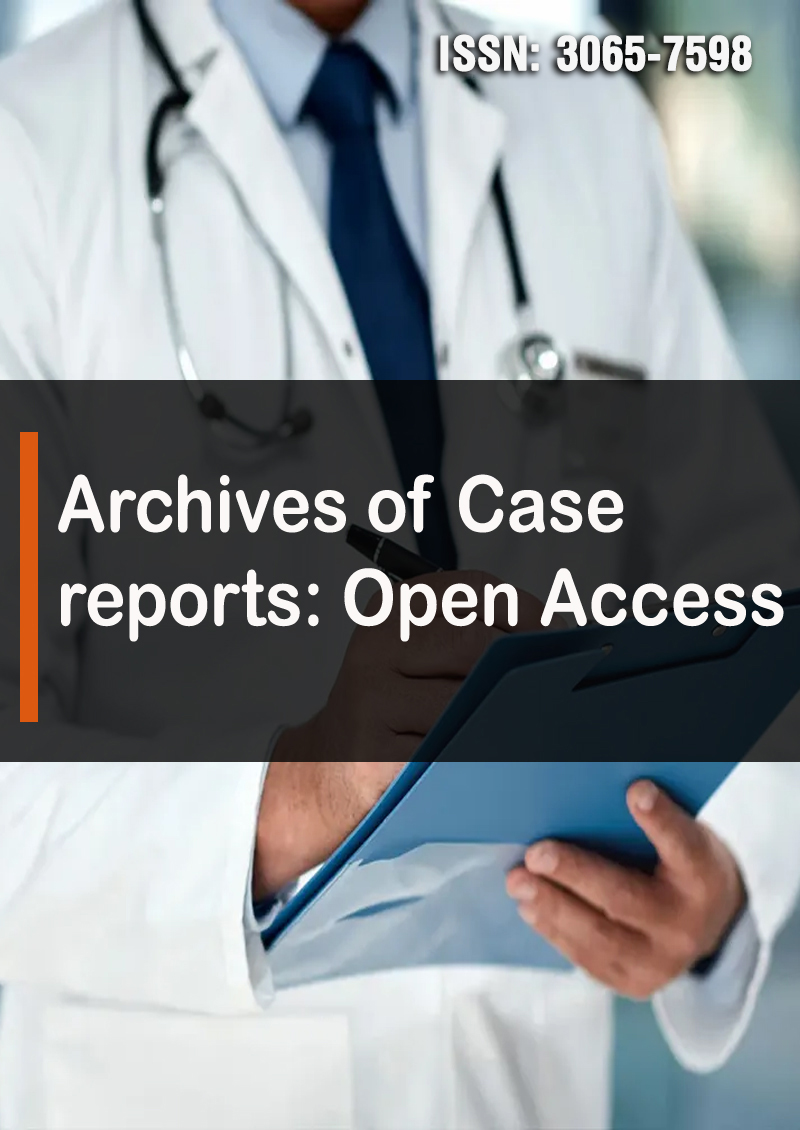Blockchain Technology and Sanitary Aspects of the Water Supply
Abstract
David J Herzog and Nitsa J Herzog
Technological advances in the last decades have led to the realization of the concept of a smart environment. A significant part of this development is decentralized ledger technology and its variant, a blockchain. The blockchain database is immutable, open to all stakeholders, secure by architecture and robust. Applying a blockchain in water supply sanitary control creates opportunities for optimization, higher quality of service, cost reduction, better sanitary standards and public control. Physical, chemical, and biological water supply contamination is a great source of public health hazards. Implementation of a blockchain for water supply IoT, from the source point to the consumption point, enables effective response to changing environments, possible cross-contamination, stormwater management or disaster and emergency action. The chapter encompasses all fundamental elements and principles of water collection, distribution and consumption, with a focus on the health hazards and sanitary requirements for potable water. The chapter listed the main contaminants, methods of their registration and elimination, and requirements for drinking water in accordance with WHO, EU Drinking Water Directive and EPA standards. Blockchain technology solutions are described for smart water supply, including smart supply management, smart contracts, tokenization, smart compliance systems, and, most importantly, effective utilization of distributed ledger technologies for sanitary monitoring of water sources, water treatment, and water distribution systems.



